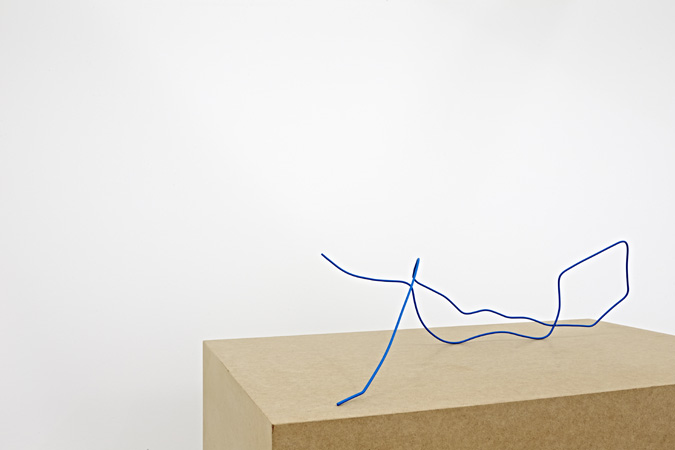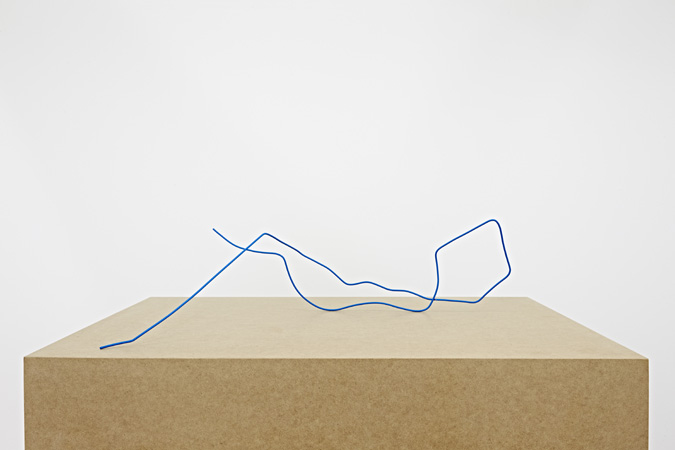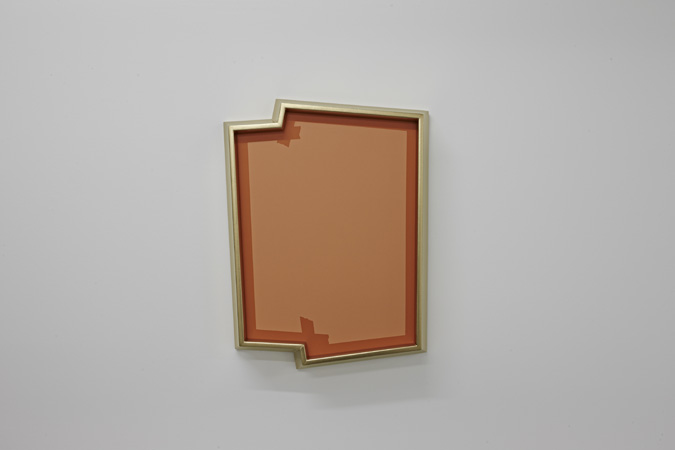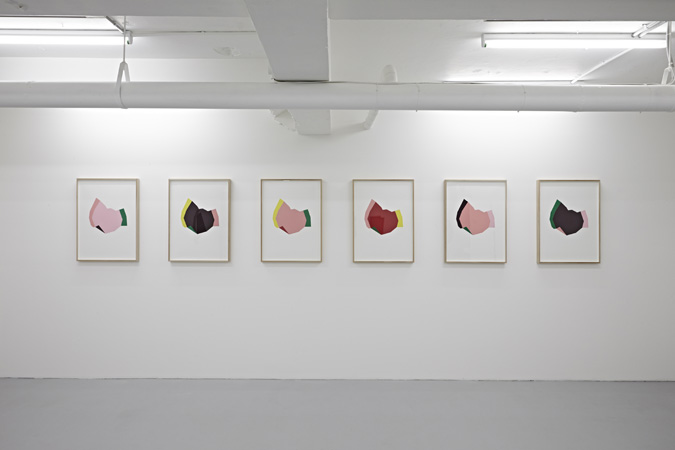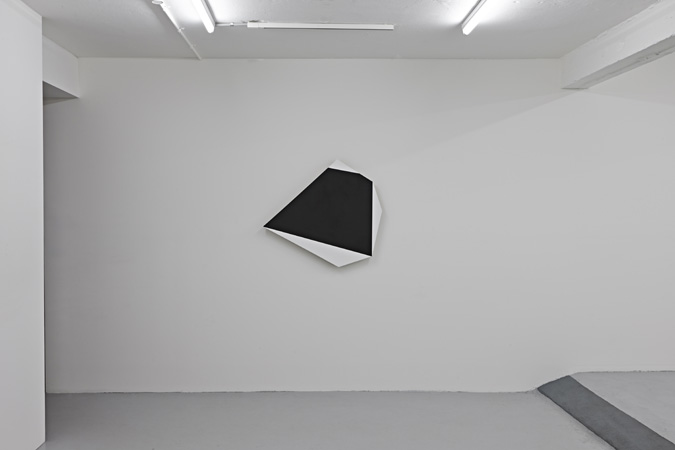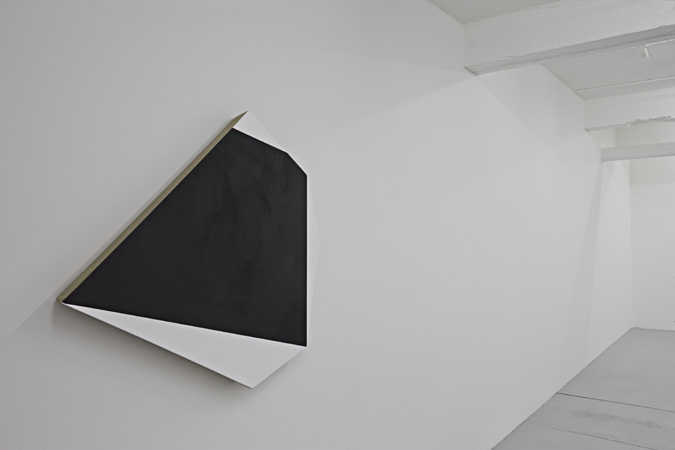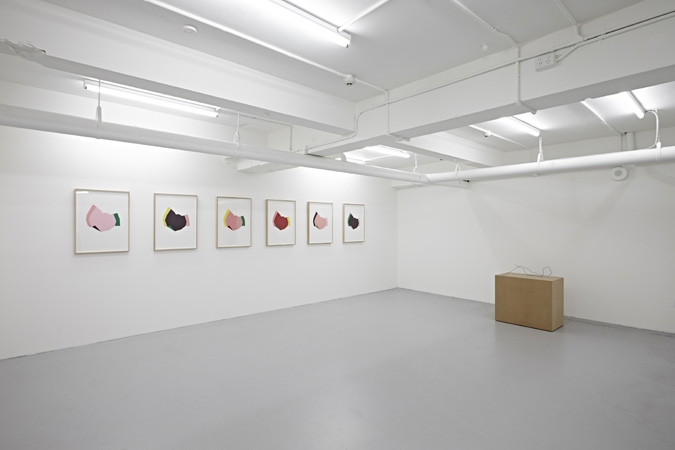
Art drives you nuts. At varying stages we each ponder, obviously, how we arrived at the decision to instigate a career so susceptible to conflicting forecasts on arbitrary coalescences of taste. Yeah, that old chestnut. It’s a world of clever encounters and ratta-tat discussion sandwiched with impoverished somber floats adrift and little but our own desire to comfort and sustain us. What an irresistible, capricious, expansive shitfight.
And, a practice in poetry. We submerge ourselves in the fray of sensory information and grasp at details: life events, peripheral furnishings, macro observations. We think on them. We transform them. We send them back out there and, in doing so, subtly change the form and rhythm of the universe.
“You can hear all sorts of sounds in this, after a while.”
Dan made reference to the white noise generator on his iPhone, placed beside baby Olive as she slept under the high wooden roof of their yurt home in country New South Wales. The rolling oscillations filled the gaps between things, in a non-confronting way.
On one level, Echo Solar Series is clearly a respite. I look at this room and see it’s a poem. A condensation of form and rhythm, that, when each part is considered and amplified, reveals a world indeed much bigger than the space that houses it.
“Our science has always desired to abstract, and castrate meaning, forgetting that life is full of noise and that death alone is silent.”
One cannot resist the allure of the flat plane. In a saturated life, it beckons us and I meditate upon the pure pleasure of pouring over a smooth surface. The promise of a sine wave for the eyes, a visual detox.
Yet, in Hollier’s work, this is not the fix we get. Works are stricken with chance encounters; peeping undercoats of colour, layers of monochrome lines, stark intersections in relief left by painter’s tape, amorphic articulations in shapes, angles and sizes.
A myriad of nudging questions and gestures. Nothing is still, nothing is consistent. The thresholds are infinitesimal and filled with vibration, and noisy at that.
Ella Barclay, July 2O14
1 Attali, J. (1985). Noise: The Political Economy of Music (translated by B. Massumi). Minneapolis: University of Minnesota Press. pp3

